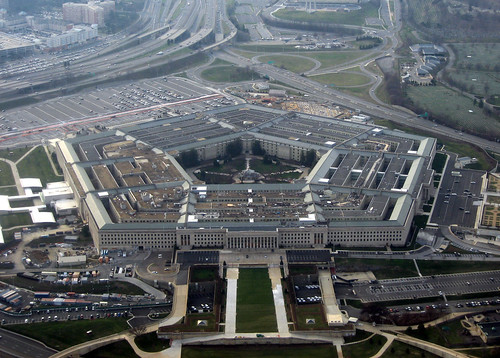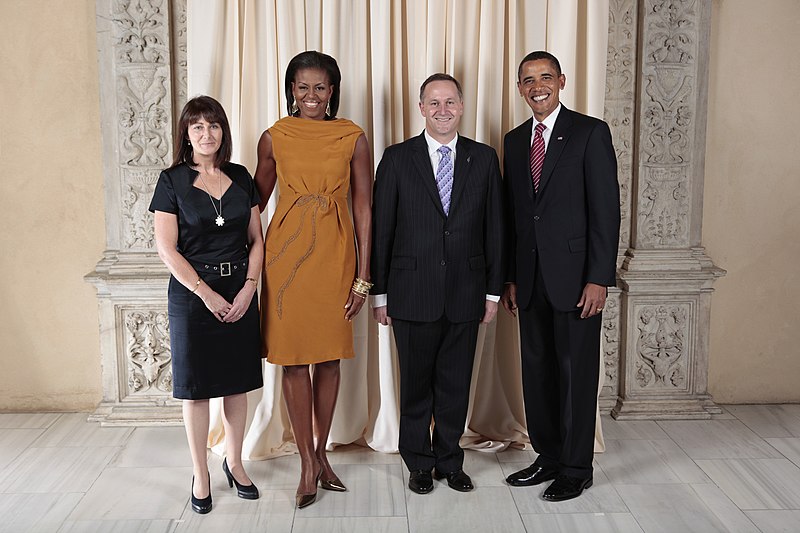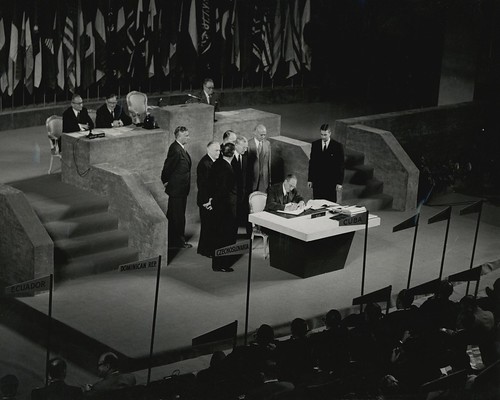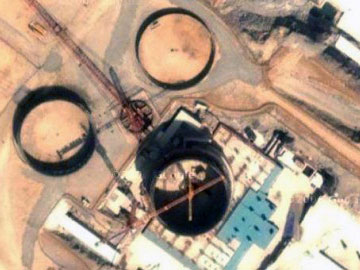
In a recent op-ed in the New York Times, historian Elizabeth Hoffman added her voice to those calling for sharp reductions in American military commitments abroad. In the current climate, her argument is a familiar one: the Pentagon-heavy grand strategy that the US has pursued for the last sixty years has become an unnecessary drain on its resources. It now diminishes America’s security rather than enhancing it. But like many others, Hoffman’s call was not limited to the more controversial commitments that have been incurred in the decade since 9/11. With the Soviet Union long-defeated and fiscal disaster seemingly imminent, Hoffman’s call is more dramatic. “Everyone talks about getting out of Iraq and Afghanistan,” she writes, “but what about Germany and Japan?”




